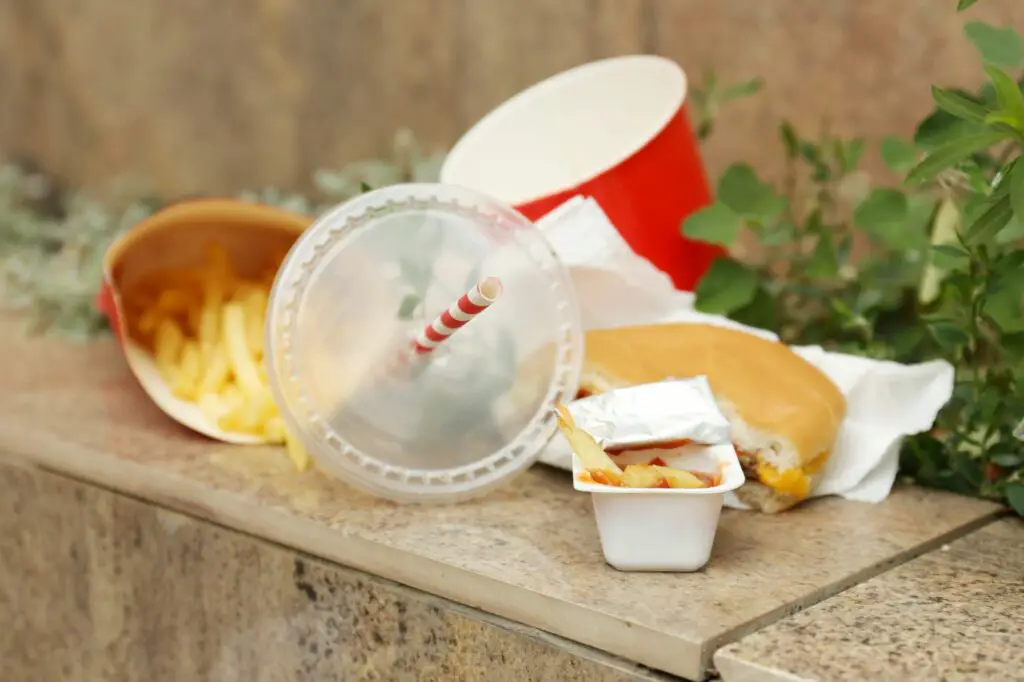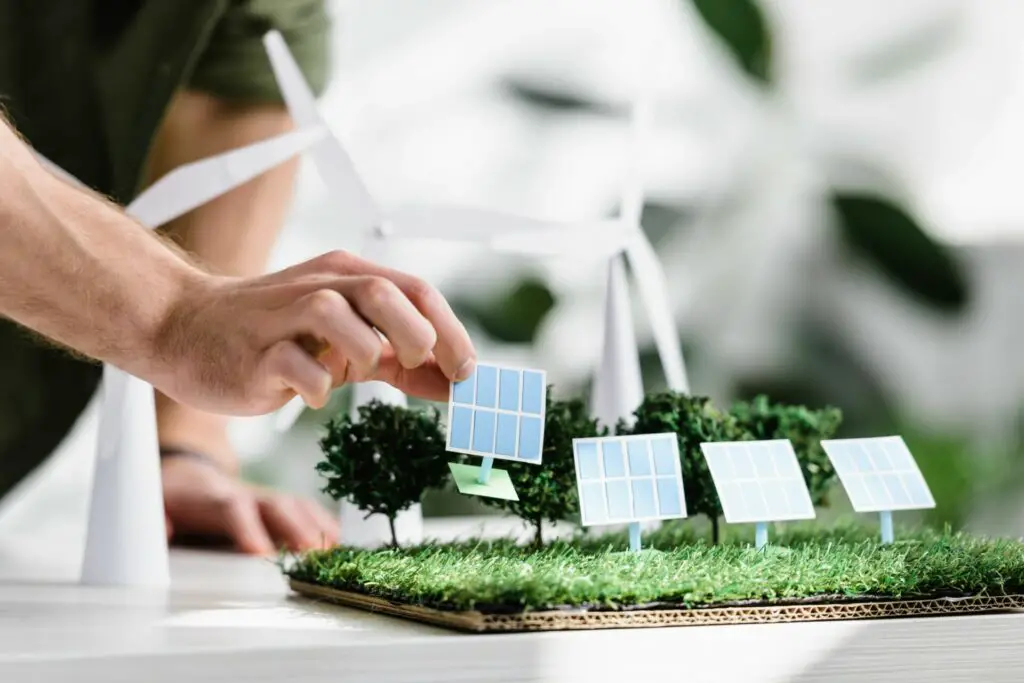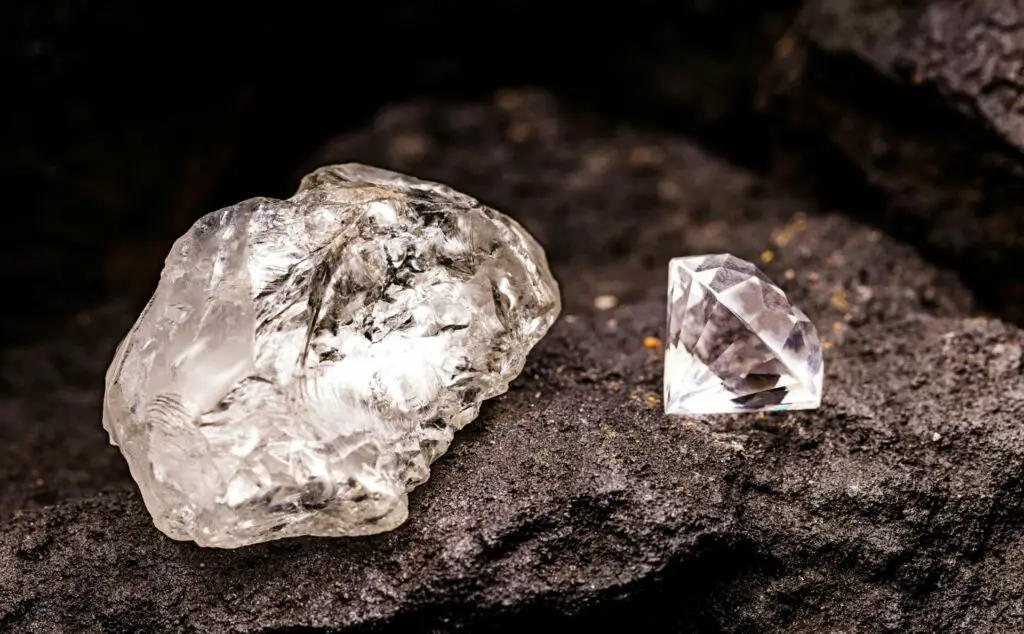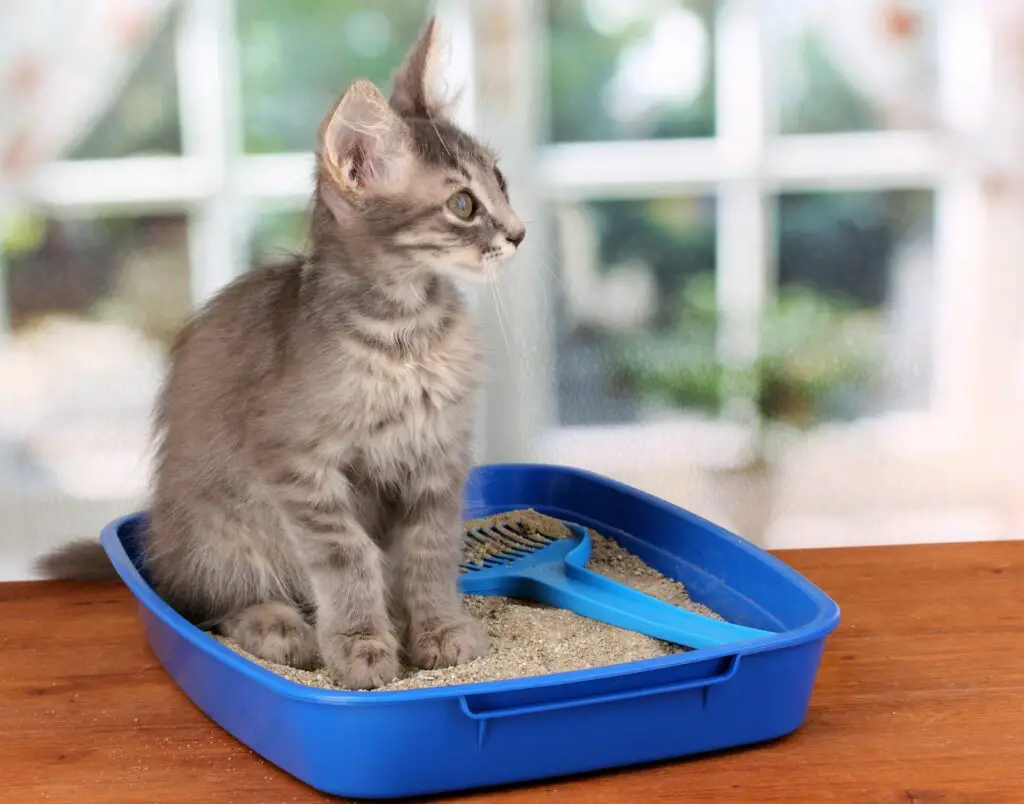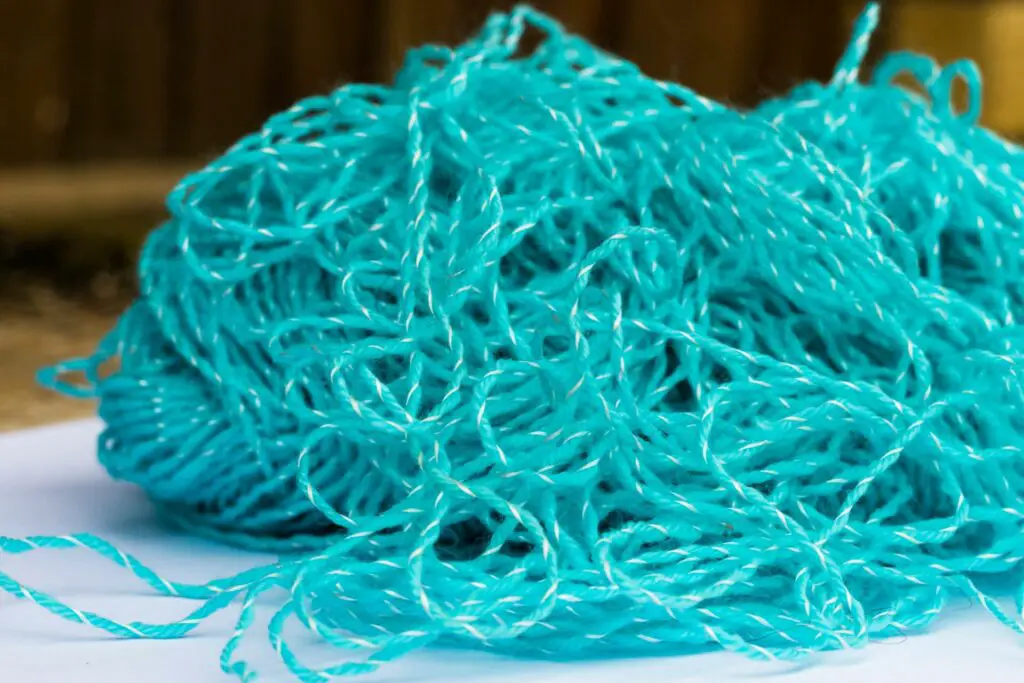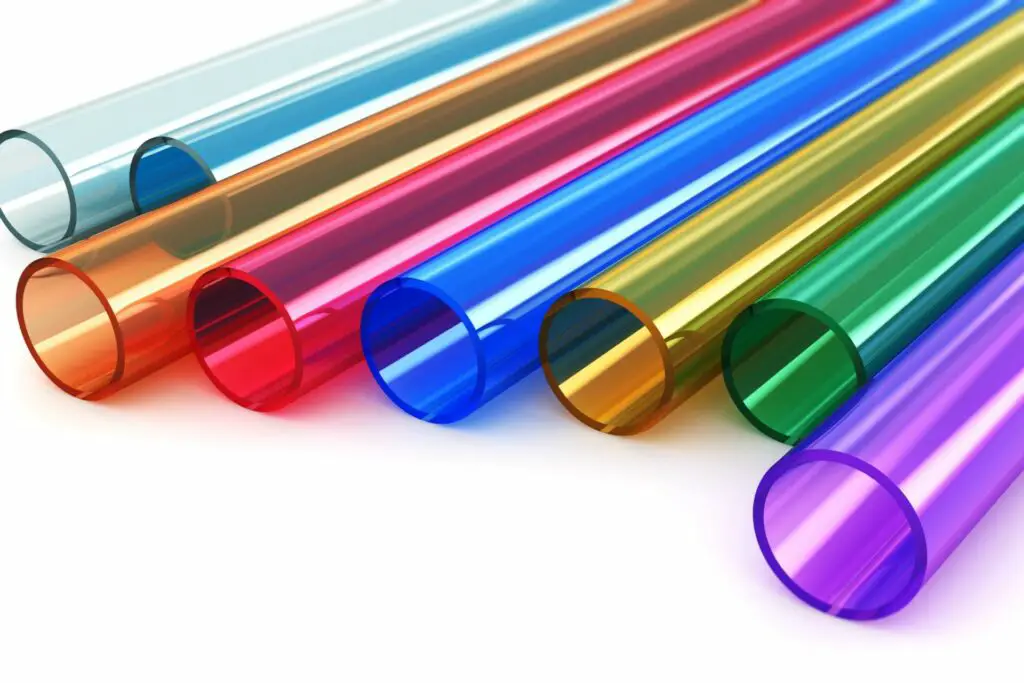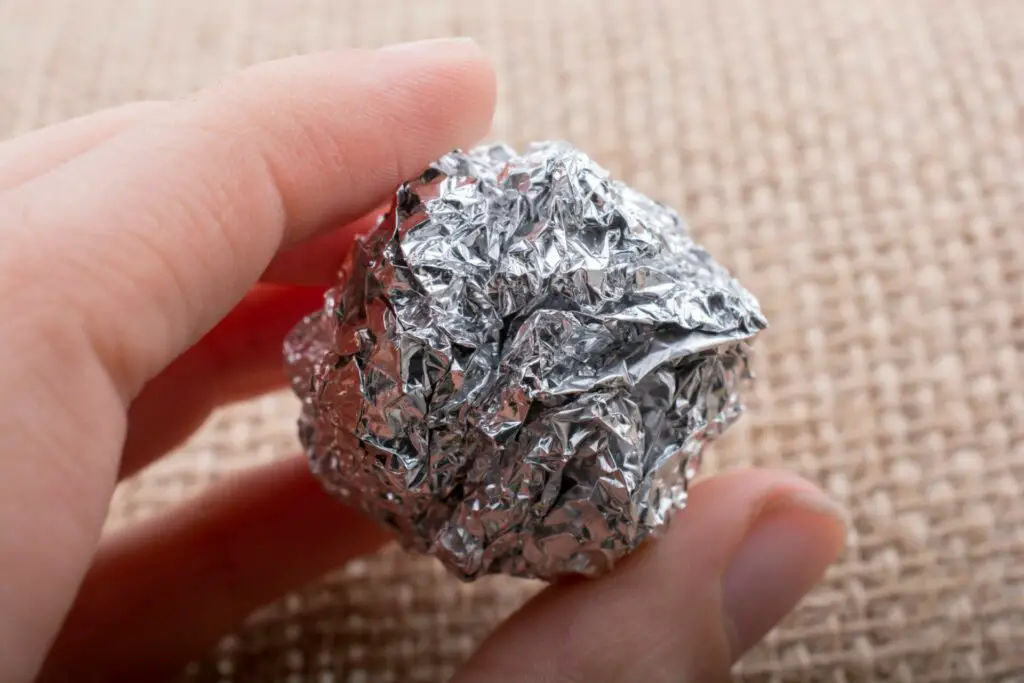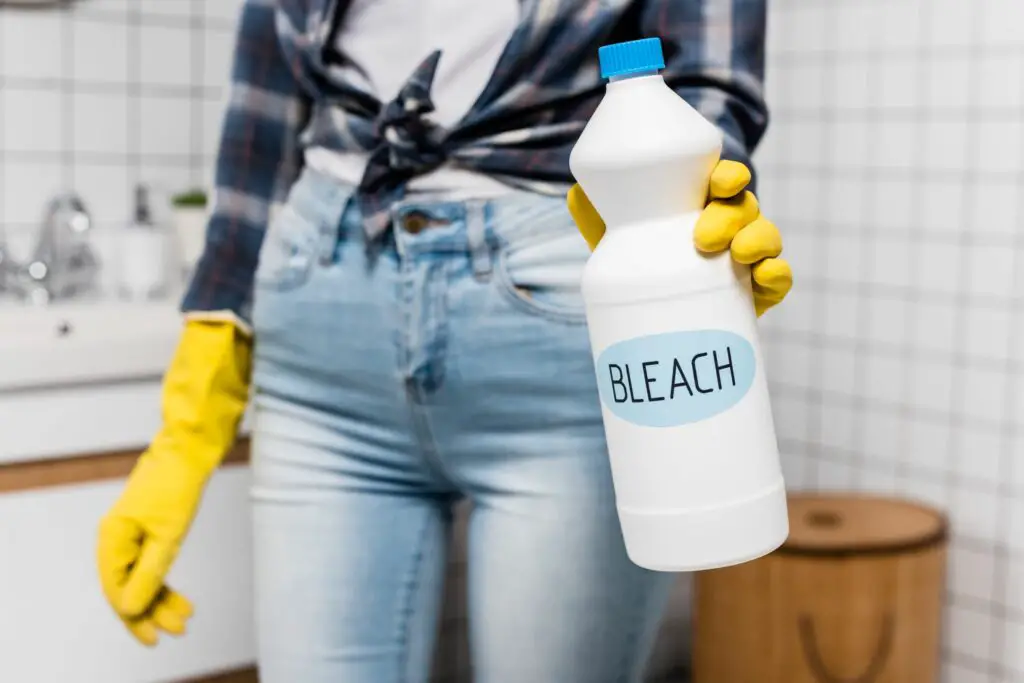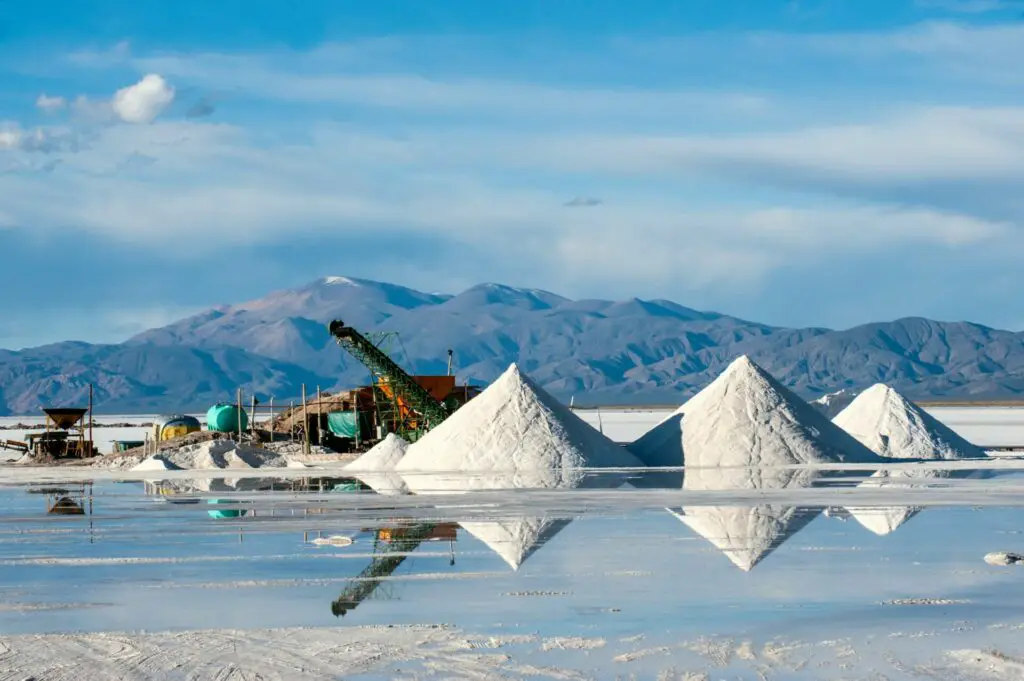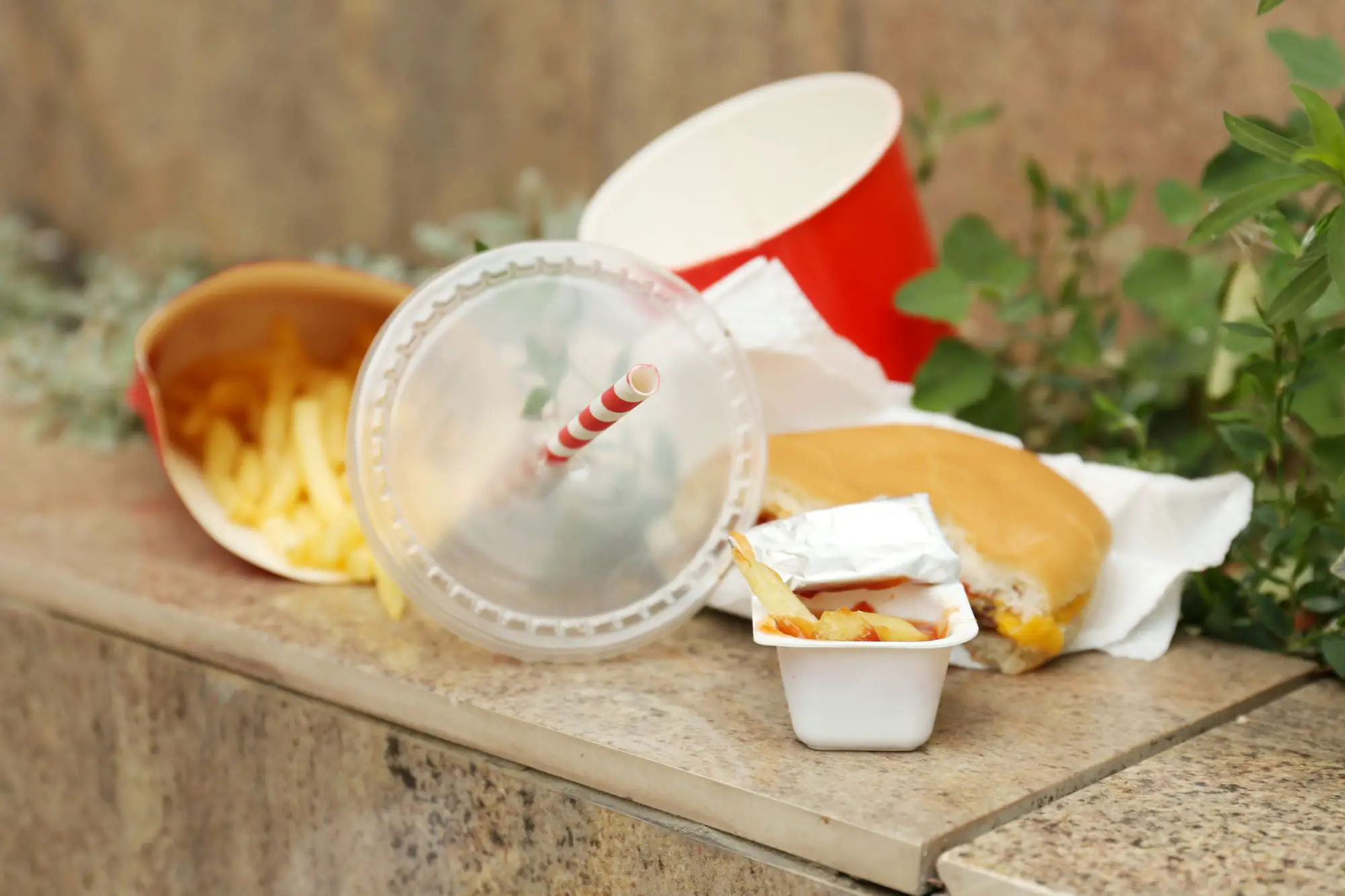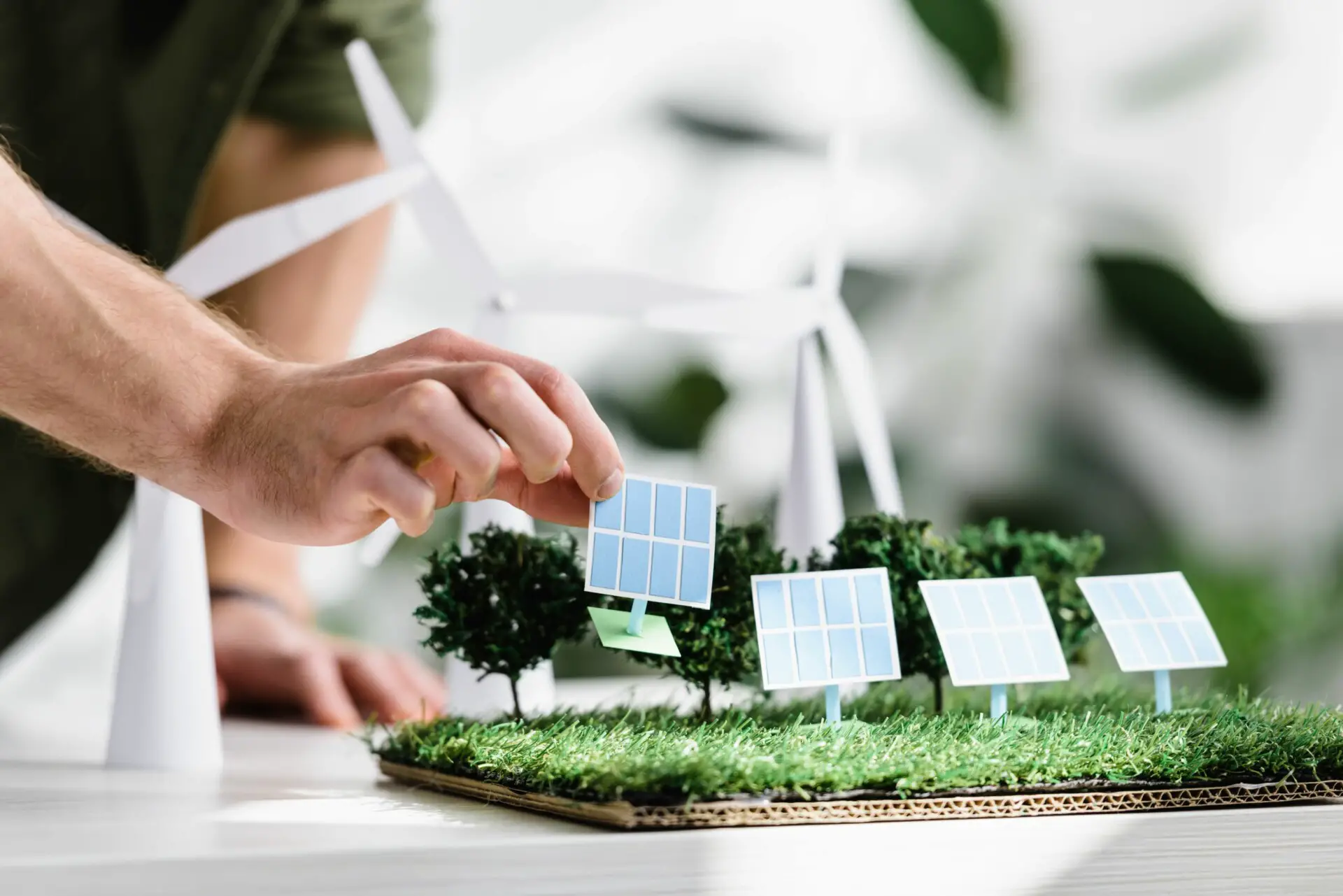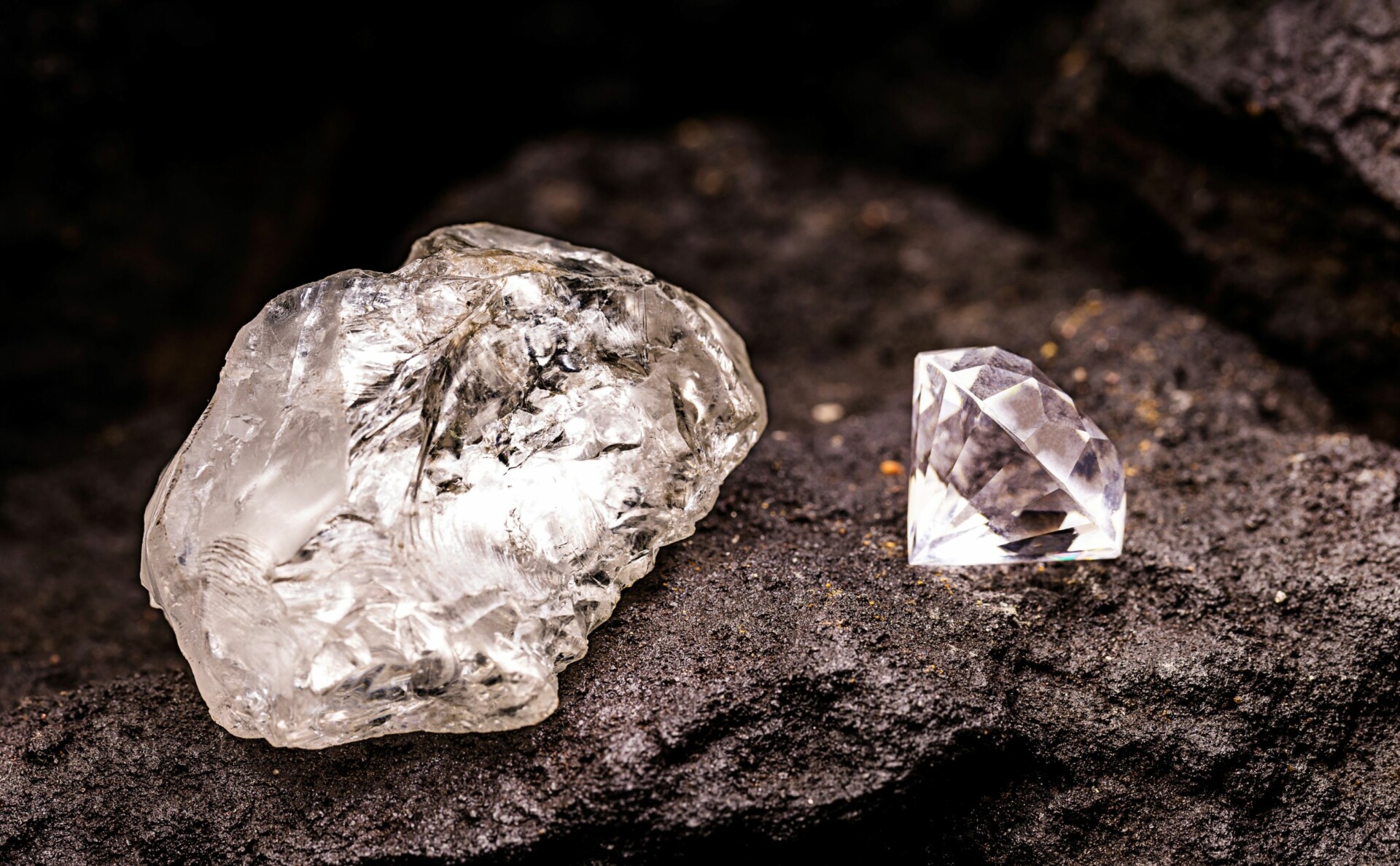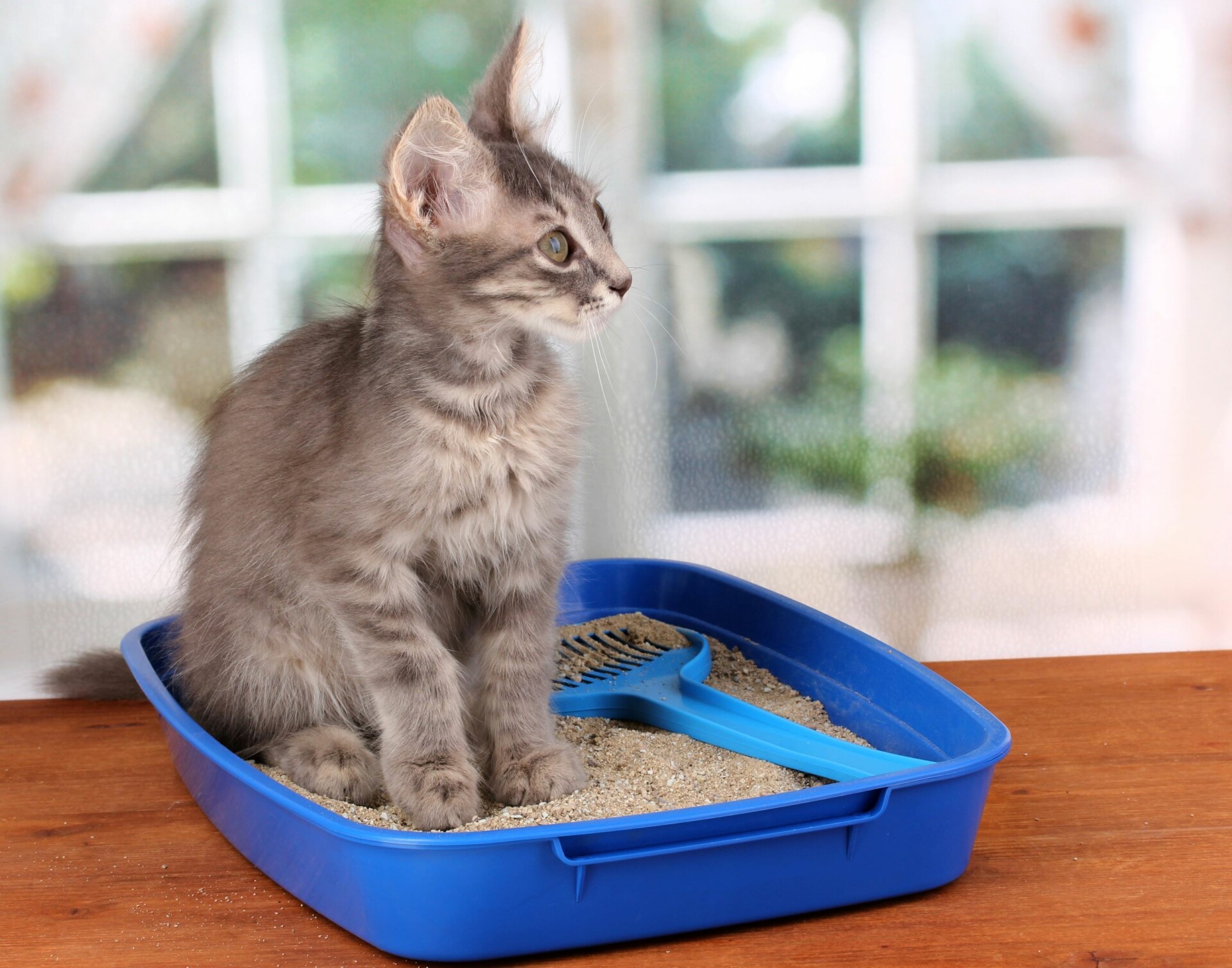With sustainably becoming more topical, resin has been a subject of debate since it is a synthetic material.
Resin driveways combine stones and other materials with resin to create a permeable driveway.
While there are some environmental benefits of having a resin driveway, there are almost as many drawbacks.
Here’s everything you need to know about whether resin driveways are eco-friendly.
5 Benefits of Resin Driveways for the Environment
1. Resin Driveways Are Permeable
Resin driveways are permeable, which means water can drain through the driveway.
Permeable driveways can prevent flooding as the water can slowly drain into the soil below.
They may also help reduce the spread of pollution by trapping pollutants from rainwater in the soil or in the driveway itself.
In the hot summer months, they can also allow runoff water to cool down, which may reduce environmental stress.
If warm water were to flow directly into streams and other waterways, it could potentially harm marine life due to thermal shock.
A drastic temperature change could potentially be fatal for fish.
2. They Can Be Built with Recycled Materials
Many resin driveways are constructed from recycled stones or glass, so using recycled materials saves energy and resources that would otherwise be spent sourcing and making materials like glass from scratch.
Although stone is easily available – but not renewable – aggregate stones, used in constructing resin driveways, are typically sourced from mining and are then crushed into the appropriate shapes and sizes.
Mining is a huge source of pollution and environmental destruction.
Building the mine site can displace flora and fauna in the area due to deforestation, and the environment does not fully recover afterward as mining can make the rocks and soil unstable and increase soil erosion.
Mining can also release harmful compounds into the air, water, and soil.
While sand is abundant, glass is technically not considered a renewable resource since it takes a very long time for rocks to be ground into sand.
It takes a lot of energy to convert the sand into class, and since most energy use in the US is still from non-renewable sources, virgin glass is not the most sustainable building material.
Some companies have even begun incorporating waste plastic, which otherwise would have been landfilled, into their resin driveways.
This is promising as not only is plastic non-renewable, but the kinds of plastic which are recyclable can only be reused a limited amount of times before it needs to be disposed of.
3. Natural Resin Is Renewable
Natural resin is renewable and biodegradable – however, as stones and glass are not biodegradable, resin driveways are not biodegradable either.
Natural resin is made from plant-based materials.
However, it is rare to find natural resin driveways, as they’re typically made from polyester resin or epoxy resin.
4. Resin Driveways Do Not Melt
Resin can be toxic in liquid form, so some people may be concerned that their resin driveway can soften and melt in high heat.
Resin driveways have a melting point of more than 204°C (400°F), so this is not something you need to worry about.
For comparison, tarmac and asphalt melt at much lower temperatures and can accumulate damage when they are used in this state.
Asphalt can release volatile organic compounds (VOCs), which contribute to air pollution.
5. Resin Driveways Are Long-Lasting
Resin driveways can last more than two decades if they are installed properly and maintained well.
So, you should not need to waste energy and resources to replace or repair a driveway anytime in the near future.
4 Downsides of Resin Driveways for the Environment
1. Most Resin Is Non-renewable
There are several different types of resin, but more often than not, resin driveways are made from epoxy resin and polyester resin, which is also known as fiberglass resin.
Both of these materials are derived from crude oil, which is non-renewable, and as mentioned earlier, mining for materials is detrimental to the environment.
2. Synthetic Resin Is Not Biodegradable
Epoxy resin and polyester resin are not biodegradable.
3. Resin Driveways Are Not Recyclable
While resin driveways can be made from recycled materials, there is little to suggest they are recyclable.
Glass is recyclable and can even be reused an infinite amount of times. However, it is not possible to separate the glass from the resin.
While stones are also typically recycled for construction materials, again, the stone cannot be separated from the resin.
Some kinds of epoxy resin are recyclable, but they can only be recycled once – but the presence of the other materials in the driveway will make this material impossible to recycle.
Research found that unsaturated polyester resin could be recycled with propylene glycol, but this is not applicable to resin driveways.
This form of recycling is not accessible to most people anyway.
Resin driveways can be laid over some existing driveways, but depending on what it is placed over, they may no longer be permeable.
However, when it comes to disposing of a resin driveway, there is little to suggest that you can build over it.
The resin driveway may have to be uninstalled and landfilled if you want a new driveway.
4. Uncured Resin Is Toxic
Uncured resin, which is a term to describe resin in liquid form, can be toxic for those working on it and wildlife if they are exposed to it.
Uncured resin can enter waterways and harm marine life.
However, as mentioned earlier, resin driveways do not melt once installed and cured, so they should not leach hazardous chemicals.
4 Eco-Friendly Alternatives to Resin Driveways
1. Seashell driveways
Seashell driveways are made from what’s known as sea stone, which is essentially ground-up seashells.
Seashells are not considered renewable; however, this material reduces the need to rely on mining.
It is often made from seashells that otherwise would have been sent to landfills.
Sea shells are not biodegradable.
Even if seashells were biodegradable, they would not be able to degrade in landfills as this environment does not have the right conditions – such as bacteria present, oxygen, and other factors – to facilitate this process.
2. Recycled Crushed Concrete
As mentioned earlier, using recycled materials is better for the environment as it saves on energy and resources.
Although concrete is not biodegradable or renewable, this prevents the concrete from being sent to landfill.
Some crushed concrete driveways are permeable, depending on how they were installed.
3. Cobblestone Driveways
Cobblestones were originally sourced from riverbeds, which reduces the need for mining; some cobblestones are still sourced this way.
However, they are also sourced from quarrying nowadays. Quarrying can produce pollution and damage the land.
Cobblestone driveways are permeable, which can reduce flooding and the spread of pollution.
4. Sandstone
Sandstone is permeable. Although sandstone is sourced from mining, quite often, sandstone slurry is considered a waste material.
Research suggests using sandstone slurry in self-compacting concrete can reduce waste.
Are Resin Driveways Expensive?
The price varies depending on the materials and the company you choose.
The price also depends on how much driveway you need and how difficult it will be to put down.
Expect almost $70 per m2 if there is little work to do.
This can be higher and lower due to the factors mentioned above.
Although resin driveways are not the most affordable option, they are not exceptionally expensive compared to installing the same amount of natural stone, brick driveways, or asphalt.
You Might Also Like…
- Is Fast Food Bad for the Environment? (& What You Can Do)
- Is Fabric Softener Bad for the Environment? (+5 Eco-Friendly Options)
- Is Fuel Dumping Bad for the Environment? (& How Often It Happens)
- Is Electricity Generation Bad for the Environment? (What You Should Know)
- Is Dry Cleaning Bad for the Environment? (4 Surprising Facts)
- Is Diamond Mining Bad for the Environment? (Important Facts)
- Is DEET Bad for the Environment? 4 Effects (You Should Know)
- Is Cat Litter Bad for the Environment? (5 Common Questions)
- Is Burning Cardboard Bad for the Environment? (6 Facts)
- Is Burning Paper Bad for the Environment? (6 Surprising Facts)
- Is Burning Leaves Bad for the Environment? (7 Quick Facts)
- 4 Natural Cleaners for Quartz Countertops
- 6 Eco-Friendly Acrylic Paint Brands (For Sustainable Artists)
- 5 Eco-friendly Alternatives to Acrylic Paint (& How to Make Them)
- Is Acrylic Paint Bad for the Environment? (7 Quick Facts)
- Is Acrylic Yarn Bad for the Environment? 8 Crucial Facts
- Is Acrylic Bad for the Environment? (8 Quick Facts)
- Is Aluminum Foil Bad for the Environment? 7 Quick Facts
- Is Bleach Bad for the Environment? 6 Crucial Facts
- Is Lithium Mining Bad for the Environment? 6 Crucial Facts


